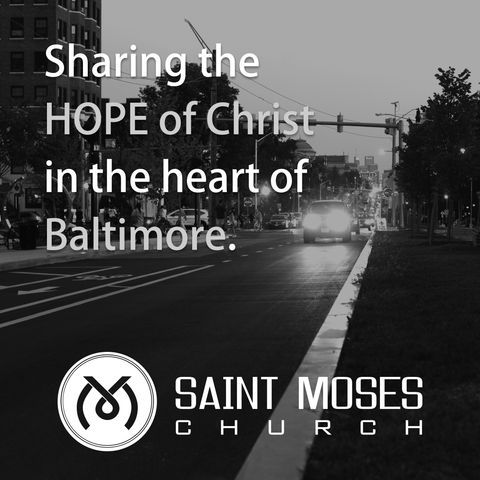
Contactos
Información
Sermons at St. Moses Church in Baltimore, Maryland.

St. Moses Church
St. Moses Church
Forming Habits: Fasting: Hunger for God
22 JUL. 2024
Forming Habits: Scripture: Living in God's Story
1 JUL. 2024
Forming Habits: Generosity: Giving for Good
24 JUN. 2024
Forming Habits: Sabbath: The Gift of Rest
17 JUN. 2024
Forming Habits: Prayer: Intimacy with the Father
10 JUN. 2024
Forming Habits: Worship: Shaping with Sound
3 JUN. 2024
Very Good: Living in the Kingdom
28 MAY. 2024
Very Good: Following God's Instructions
13 MAY. 2024
Sermons at St. Moses Church in Baltimore, Maryland.
Información
| Autor | St. Moses Church |
| Organización | St. Moses Church |
| Categorías | Religión y espiritualidad |
| Página web | saintmos.org |
| info@saintmos.org |
Copyright 2024 - Spreaker Inc. an iHeartMedia Company
